Why Thomistic Psychology?
Ite ad Thomam
What Is Thomistic Psychology?
Thomistic psychology is a philosophical framework for understanding the human person, specifically their intellectual processes, based on the teachings of the great Dominican and Doctor of the Church, Saint Thomas Aquinas. Thomistic psychology emphasizes the role of both reason and faith in comprehending human nature and behavior and encapsulates an authentically Catholic anthropological understanding of the human person. Mental health is achieved by living a life of virtue and promoting the well-being of the intellect through its proper use and development. From a Thomistic understanding, the ultimate purpose of life is the pursuit of happiness, which is achieved through the knowledge and love of God. For Saint Thomas, our existence originates from God, and it is through Him that happiness is found, both in this life and the next.
Why Thomistic Psychology?
In 1879, Pope Leo XIII issued the papal encyclical Aeterni Patris in response to the cultural and philosophical shift away from Christian philosophy and a true understanding of the human person. This document formally established Thomism as the primary philosophical perspective within the Catholic Church and sought to counter the philosophical errors of the modern age, from which contemporary psychological theories emerged. Thus, it is from a Thomistic standpoint that a true solution to the errors of modern psychology must be found, and that authentic mental health and well-being can be sought.
“…We exhort you, venerable brethren, in all earnestness to restore the golden wisdom of St. Thomas, and to spread it far and wide for the defense and beauty of the Catholic faith, for the good of society, and for the advantage of all the sciences” – Pope Leo XII, Aeterni Patris
Powered By EmbedPress

Mental Health Professional Interested in Learning Thomistic Psychology?
We are currently seeking Catholic counselors and therapists who are interested in joining a cohort focused on learning and applying Thomistic psychology in their clinical practice. This program will include didactic training in Thomistic psychological principles, individualized case consultations from a Thomistic perspective, and the opportunity to engage in peer discussion within a professional cohort. Participation is limited to licensed mental health professionals or those with equivalent professional training.
If you’re interested, please visit our Contact page and complete the form to indicate your interest.
